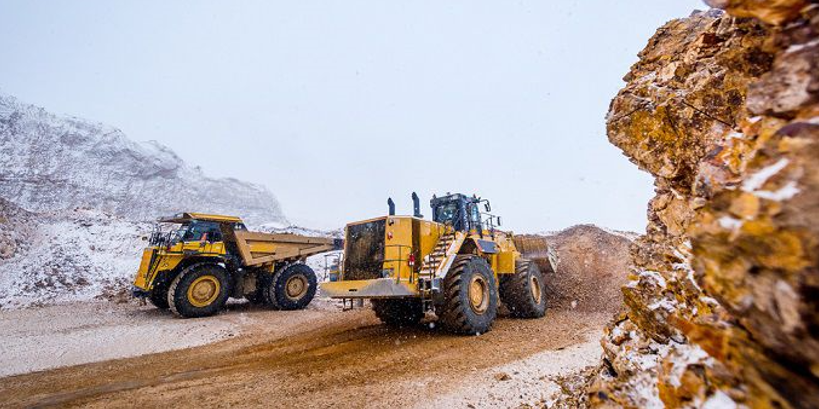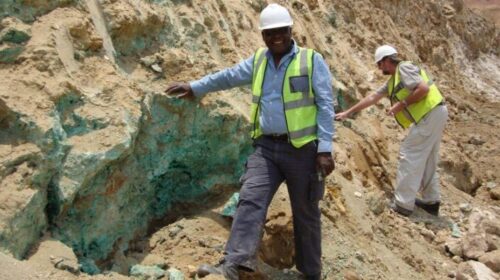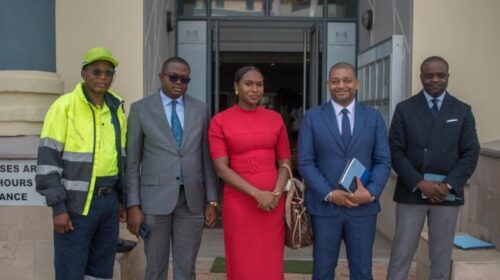The Carter Center publishes a Guide on implementing social responsibility specifications for mining companies-DRC
There is now a “Practical Guide on the Process of Negotiations, Examination and Execution of the Specifications for Social Responsibility of Mining Companies in the DRC. It was released on May 6, 2022 by The Carter Center through its Extractive Industries Governance Program in the Democratic Republic of Congo, reports a press release from that organization.
This so-called “reference” Guide is intended to help stakeholders better conduct and manage the process of specifications in the mining sector of the Democratic Republic of Congo.
The Guide provides guidance and practical responses to the various operational challenges and limits of the regulatory framework concerning the negotiations, appraisal, execution and monitoring of the implementation of projects and infrastructures of Community interest agreed in the specifications. .
“Stakeholders involved in the SOW process are encouraged to use this Guide to facilitate the negotiation, signing, effective execution and monitoring of SOW projects intended exclusively to benefit communities impacted by industrial mining activities. said Dhanis Rukan, co-editor of the Guide and Coordinator of the Human Rights and Local Impacts Department of The Carter Center’s Extractive Industries Governance Program.
It is also a tool for popularizing the legal and regulatory provisions relating to the specifications and encouraging mining operators subject to it to negotiate, sign and execute their specifications in favor of local communities. It was developed based on The Carter Center’s field experience in supporting civil society organizations, communities, and provincial and local authorities involved in the specification process.
It should be noted that the social responsibility specifications are one of three levers established by the revised mining code of March 2018 for the contribution of mining companies to the sustainable development of local populations. It is both a developing agreement and a legal obligation for obtaining and maintaining the validity of the mining exploitation title or the authorization to exploit permanent quarries.
“For Peace, Against Illness, Towards Hope”. As a nongovernmental, nonprofit organization, The Carter Center has helped improve the lives of people in more than 80 countries by resolving conflicts, promoting democracy and human rights, fostering economic opportunities, preventing disease, and improving psychological health services. The Carter Center was founded in 1982 by former United States President Jimmy Carter and former First Lady Rosalynn Carter, in partnership with Emory University, to promote peace and health worldwide.
40 total views , 1 views today





